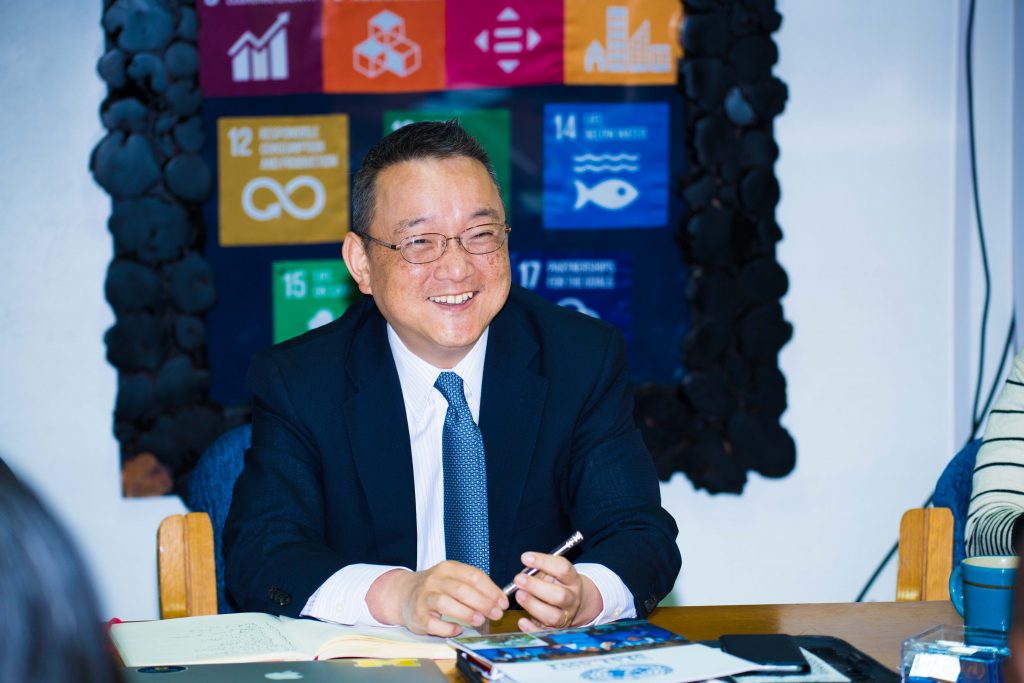Local, international NGOs discuss aid
Local non-governmental organisations (NGOs) have reiterated their calls for international NGOs to channel 25 percent of their funding through the local NGOs to implement projects on the ground.This follows a Charter for Change international NGOs signed in 2016 to support local NGOs with a quarter of their aid.Speaking yesterday in Lilongwe during a meeting between local and international NGOs, YouthNet and Counselling executive director McBain Mkandawire said it was high time the charter came into operation.He said localising the aid will empower local NGOs to implement a number of projects, including responding to humanitarian crises.
Said Mkandawire:“In 2016 international organisations agreed in the charter to shift power in the context of delivering humanitarian aid to local NGOs. This entails that local organisations will be empowered to access resources and implement projects and humanitarian responses.”
Presidential adviser on NGOs Martha Kwataine said imbalance of power between local and international NGOs is a source of concern for humanitarian response.
She said: “A lot of money is not reaching local NGOs because of inequitable distribution of resources between local and international NGOs.

“The eight pillars in the Charter for Change include commitments to reduce imbalances and inequalities between NGOs. Issues of direct funding, capacity building and transparency and accountability are all important in the equation.”
On his part, United Nations Development Programme resident representative Shigeki Komatsubara said raising awareness among NGOs about the charter will enhance the focus on localising the aid.
He said the charter seeks to strengthen local NGOs’ capacity to deliver aid to Malawians.
Said Komatsubara:“Building humanitarian programmes on local capacities and transfer more resources and agency to meet needs of the affected population in the most effective way is what we are calling localisation. This will address structural barriers faced by local and international actors in accessing direct funding.”
Irish Ambassador Séamus O’Grady said his government has always encouraged its NGOs to partner local NGOs whenever delivering humanitarian aid or project implementation





